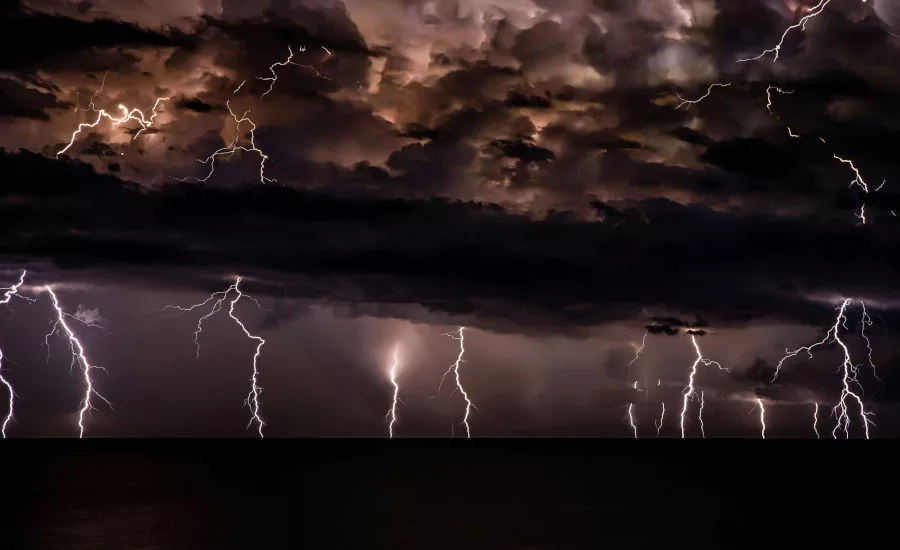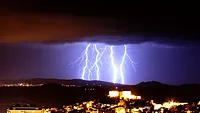Protect Employees During Severe Weather

Image credit: Unsplash
June 20, 2024 marks the first day of summer in the Northern Hemisphere. The summer months often mark the start of hurricane season within the United States. The Atlantic hurricane season runs from June 1 to November 30. In recent years, more and more storms are hitting coastlines and traveling farther inland than in the past. As people work to prepare their homes, it’s critical to ensure that employees are protected as well. The Weather Channel released a list of guidelines for severe weather, none of which are exclusive to single-family homes.
No one knows exactly when an emergency would strike, meaning it’s possible that people will be at work when this happens, not in their homes. This is especially true for professions that have to remain open during emergencies, such as healthcare. Some severe weather events may force employees to remain inside the building for extended periods. Employers should work to make sure they have a clear security plan in place so that employees feel protected in case of an emergency.
Never drive through a flooded road; Flooding can come from rain elsewhere
If a flood warning has been issued, make plans to close as many business operations as possible. If employees have to come into the office, encourage them to check news outlets for which roads are safe to travel on. If flooding is supposed to begin in the evening, consider closing early to ensure employees aren’t driving home in the dark. It is much harder to see water on the road once the sun goes down. Storms also may cause fallen trees, blocking off roads and potentially damaging buildings.
There often is more than one round of severe weather in a given day; Pay attention to neighboring counties
A round of storms in the morning doesn’t mean that the danger has passed. Encourage employees to keep an eye on the weather within their travel paths, especially if they live in a different county from the office. Check for storms later in the day and plan accordingly.
Some of the other guidelines are for when severe weather occurs and people need to shelter in place.
Radar can detect a tornado, even if nobody has seen one yet; Tornado sirens aren’t designed to be heard indoors
If working through severe weather, ensure that everyone has access to radar and weather alerts. A siren may not be heard while inside, so employees need a way to receive an alert in case of emergency. Ensure everyone knows how and where to take shelter, and that there’s enough space for everyone in the building. Discourage employees from looking at windows, as every second counts if one hits nearby.
Severe storms can turn into tornados, so make sure employees aren’t on the road and safely inside during these times. Lighting can strike even if it’s not raining, so pull all outdoor employees inside if there’s a severe thunderstorm nearby.
The summer heat also creates an environment for wildfires, especially places that experience little to no rainfall. Employers should keep an eye on air quality to minimize smoke inhalation, and ensure their business practices are completely fire safe.
Looking for a reprint of this article?
From high-res PDFs to custom plaques, order your copy today!






